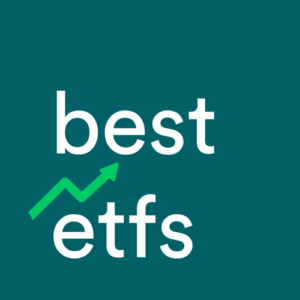Don’t you wonder if now is the time to start analysing the VanEck Vectors MSCI World Ex-Australia Quality ETF (ASX: QUAL) and BetaShares Australia Top 20 Equity Yield Max Fund (Managed Fund) ETF (ASX: YMAX)? These Exchange-Traded Funds (ETFs) aim to provide exposure to the International shares and Australian shares sectors, respectively.
Is the QUAL ETF a good investment? Here’s where you start…
The VanEck QUAL ETF gives investors exposure to large companies from developed countries around the world, excluding Australia.
According to our most recent data, the QUAL ETF had $1305.62 million of money invested. With QUAL’s total funds under management (FUM) figure over $100 million, the ETF meets our team’s minimum investment criteria for FUM levels. As a general rule, our team draws the line at $100 million for ETFs in the International shares sector because we believe that, relative to smaller ETFs, achieving this amount of FUM lowers the chance that the ETF issuer will close the ETF.
Get our team’s QUAL ETF review, available free when you click this link: access the free investment report.
A quick take of the YMAX ETF
The BetaShares YMAX ETF is an actively managed portfolio of Australia’s top 20 blue-chip companies, designed to maximise income by using covered calls.
With our numbers for Oct 2020, YMAX’s FUM stood at $247.05 million. Since the YMAX’s FUM is over $100 million, our investing team would say the ETF has met our minimum criteria for the total amount invested, otherwise known as FUM. A very sustainable ETF in the Yield/income sector should be able to scale well and become profitable for the ETF issuer.
Are the fees for the YMAX ETF bad?
BetaShares, the ETF issuer, charges a yearly management fee of 0.76% for the YMAX ETF. Meaning, if you invested $2,000 for a full 12-month period you could expect to pay a base management fee of around $15.20.
The management fee is above the average for all ETFs on our list of ASX ETFs, but keep in mind the ETF may be able to justify the higher price tag with superior performance over time.
Did you know: you can get our full ETF review of YMAX by clicking here?
[ls_content_block id=”4954″ para=”paragraphs”]




